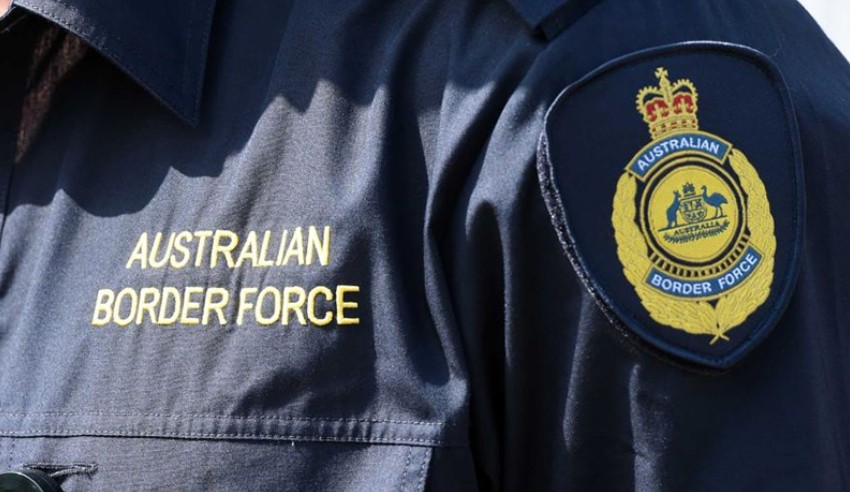With decisions on granting travel bans in the hands of the Australian Border Force, human rights lawyers are calling on the Morrison government to urgently fix its new amendments so that those who are denied the right to return to their overseas residences have the option to appeal in the Administrative Appeals Tribunal.

Regardless of whether dual citizens travel under another country’s passport, citizens and permanent residents of Australia have been subjected to an overseas travel ban prohibiting them from travelling overseas unless granted an exemption since May 2020. In new amendments, automatic exceptions have been removed in favour of having Australians individually seek exemption on a case-by-case basis.
“The government now wants to bully Australians who ordinarily live overseas to not come home at all, even for family emergencies such as the death or illness of a parent, lest they be trapped here and not allowed to return to their children and lives abroad,” Ms Heath commented, adding that even before the amendment there has been a history of “lack of consistency… and compassion” in decision-making.
Due to the government not giving the Administrative Appeals Tribunal (AAT) a review jurisdiction, there is no merits appeal from the ABF’s decisions. ALHR said it is concerned by the human rights impact of these measures and is calling on the government to “properly justify or remove the new restrictions” and to urgently amend the Biosecurity Act 2015 to make ABF decisions reviewable by the AAT.
ALHR noted that the freedom of movement, including the right to freely enter and exit someone’s own country, is a fundamental human right recognised under article 13 of the Universal Declaration of Human Rights and article 12 of the International Covenant on Civil and Political Rights. While public health orders may make restrictions, there should be a legal expectation that it will be “legally rational”.
ALHR president Kerry Weste said: “Australia is alone among Western democracies in not having national human rights protection: we have no federal human rights act or bill of rights. This leaves all Australians vulnerable with no law that requires the government to assess the human rights impact of legislation, policy or the decisions of its agencies and no clear, accessible path to review of government actions.”
